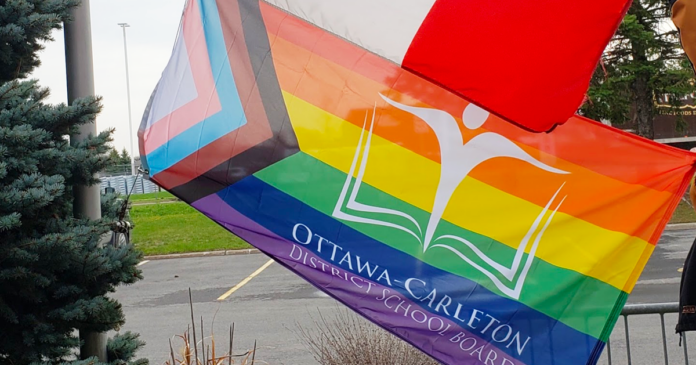Alberta Premier Danielle Smith is confident a new investigation launched by Alberta’s ethics commissioner into whether the premier interfered in the judicial system will uncover no wrongdoing.
On Monday, Smith announced she is under investigation by provincial ethics commissioner Marguerite Trussler as to whether she interfered in the administration of justice in relation to a Covid-19 prosecution.
“The premier welcomes this investigation, is fully co-operating with the commissioner and is confident this examination will confirm there has been no such interference,” Smith’s office said in a statement.
“As a result of the ongoing investigation, it would be inappropriate for the premier to comment on this further until the investigation is completed.”
Last month, the Alberta NDP asked Trussler to investigate a phone call between Smith and controversial street pastor Artur Pawlowski discussing his criminal charges stemming from his involvement at the Coutts border blockade in February 2022. Following the call’s release, the Opposition also said the premier is “unfit” to lead.
“She should not be talking to someone who’s accused of criminal charges and telling them that she’s somehow looking into it,” NDP Justice Critic Irfan Sabir said on March 29.
On the call, Smith says she’s been in weekly contact with Justice officials regarding the pastor’s criminal charges. She also tells Pawlowski multiple times that she is unable to intervene in the legal matter.
“There isn’t really a mechanism for me to order them to drop cases,” Smith says on the call. “It’s just the way our legal system works, I’m afraid.”
Last week, Smith’s legal team took issue with the CBC’s coverage of the call and told the outlet to retract a recent news story of the call, saying the outlet is seeking to revive a “manufactured controversy.”
The letter gives notice of the premier’s “intention to bring an action against the CBC.”
CBC Head of Public Affairs Chuck Thompson says the CBC stands by its journalism on this story and, if necessary, “will defend it in court.”





























